I’ve been thinking about my job lately. And my life. Or how to bring the two together more specifically. The “work-life balance”, as they call it nowadays. Looking around me I see young academics struggling to get their papers out, to find jobs, or to acquire research money. They work hard to make all that happen. The underlying assumption that keeps them going – that keeps us going – is the harder you work, the more rewarded you’ll get. Lately, however, I started doubting this assumption. In an academic world of scarcity it has become hard to succeed. Budget cuts, closing down of university positions, and a growing dependency on peer-reviewed journal publications and external research grants have created a bottleneck that is harder and harder to pass through. Not every ambitious scholar will make it, no matter how hard s/he works. Does that make me sound like a frustrated scholar? Yes, it does, but I share the frustration with the world. See what I found amongst the first results of the Google image search for “postdoc”:
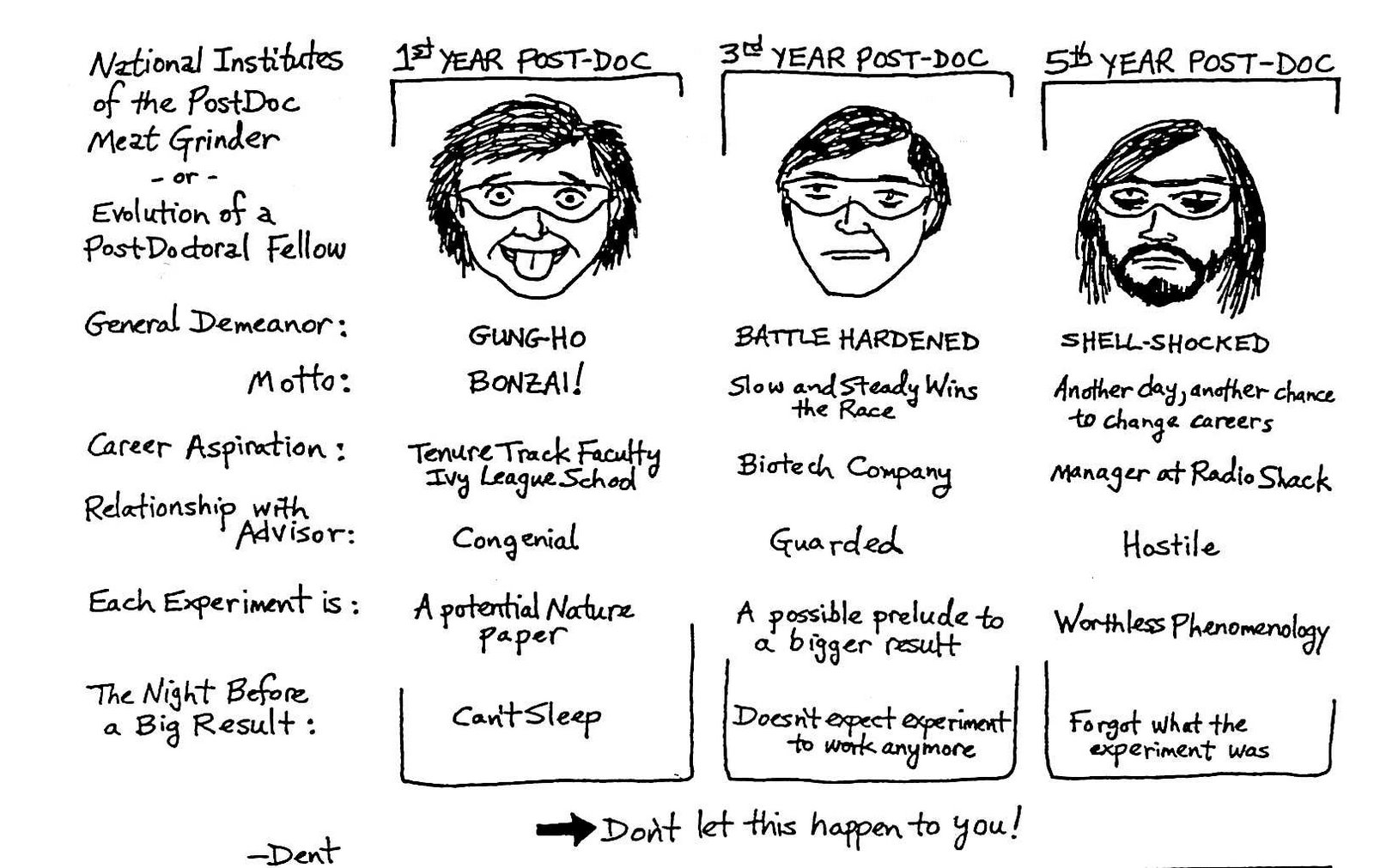 Image credit: dentcartoons.blogspot.com
Image credit: dentcartoons.blogspot.com
However, it also makes me a realistic researcher. And it opens up the chance to act upon that reality. Instead of sacrificing more and more bits of my life to the career, it made me think about life in and of itself. (What might be related to the fact that I’m growing older too, but that’s a whole different story). What is important in life? Why do I get up in the morning? What keeps me going? The job is certainly an important part in my life. I love my job. I love writing, going to conferences and sharing ideas with my fellows. I want to continue doing that. But not at any price. Look at this one, that was the second hit in the image search:
 Image credit: scienceblogs.com/
Image credit: scienceblogs.com/
Not if it requires working oneself to death, “writing like a madman”, as a colleague of mine put it once, and living in places I do not necessarily want to be – far away from my boyfriend, friends, and family. That may sound very naive, but it may also sound very healthy. I do think that my job should be organized around my life and not the other way round. Isn’t that interesting that the latter has become the standard practice though? That it has become normal to go wherever a job opens up or a fellowship is offered to you? – even if it’s just for one or two years? Without having the certainty – or even possibilty – to get a permanent position (ever)? That seems more and more insane to me.
That is why I try to focus on life from now on. What does that mean? I have no idea, but it feels great! And I’ll find out along the way, I guess. A good starting point for now is a sentence I’ve recently read on Norman T. White’s website. Below his name he says “celebrating 42 years without a full-time job”. (Further below he says “we fix toasters”).

In any case, I’ve met Norman a couple of weeks ago in Vienna. He is a well-known pioneer in robotics living in Toronto. He creates a lot of cool stuff including a “helpless robot”, a “sumo robot”, a tool for “arm wrestling over distance”, and many other “clearly pointless and useless” objects. I only met him briefly, but I perceived him as a creative thinker and a fun guy to have around. And he seems healthy and happy with life. That’s why I take him – and his anniversary – as a role model or spirit to follow. And everyone is welcome to join!



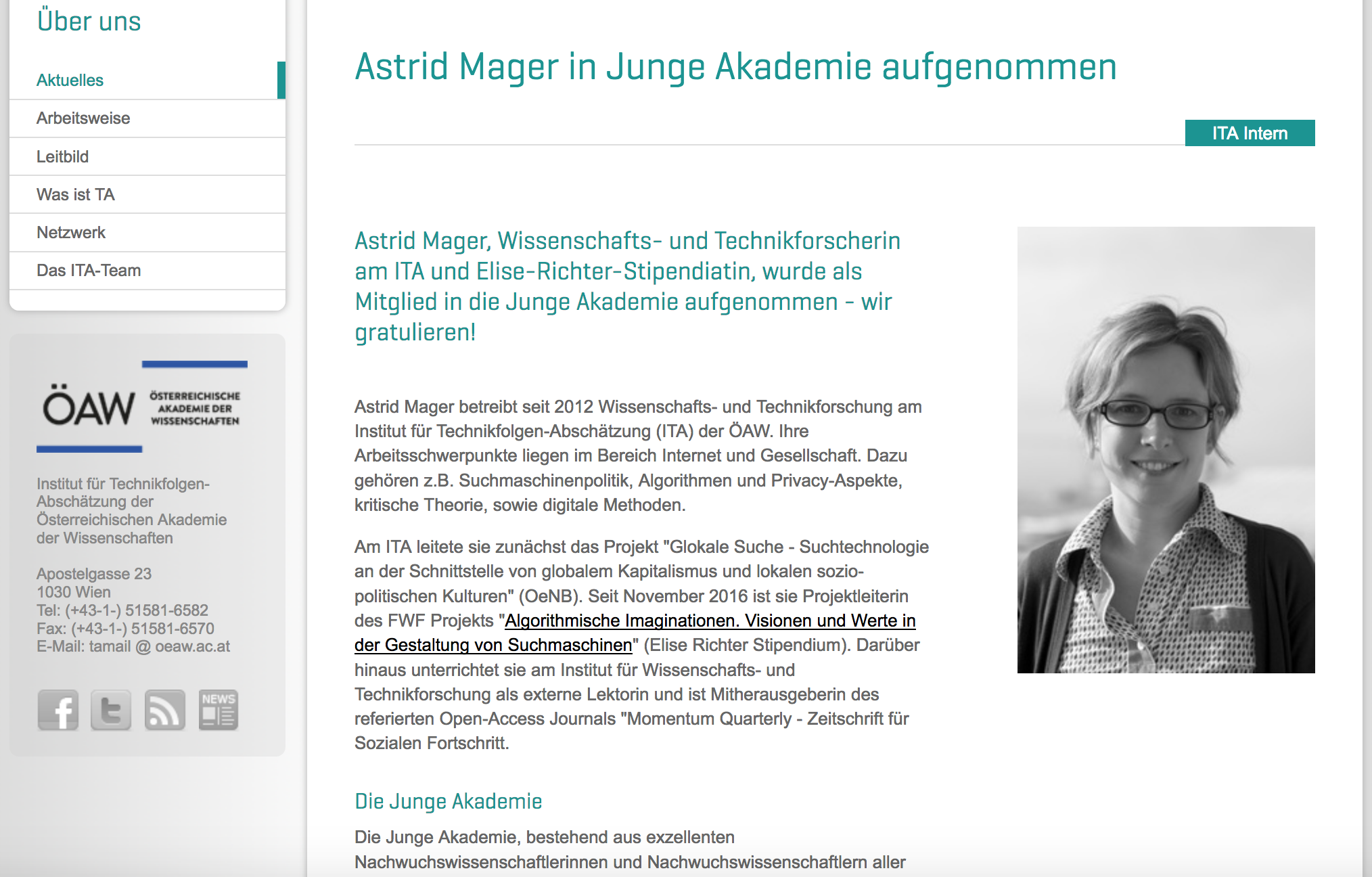
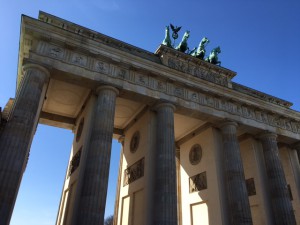
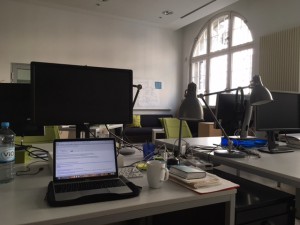
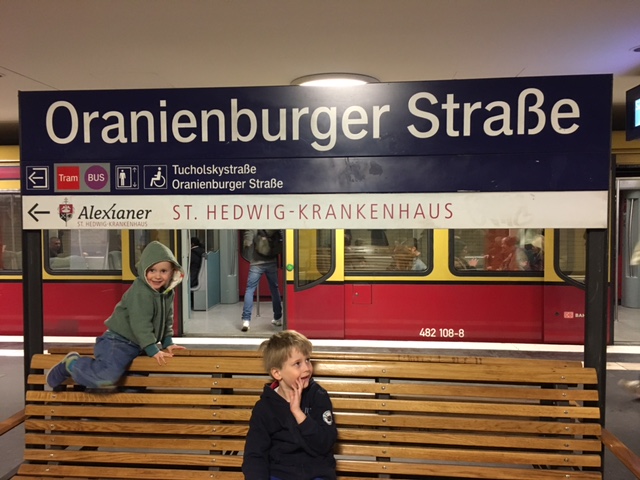
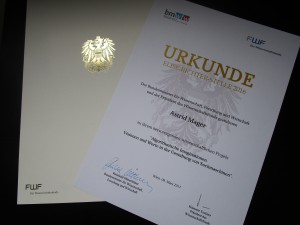
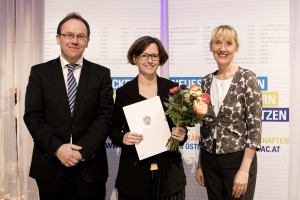

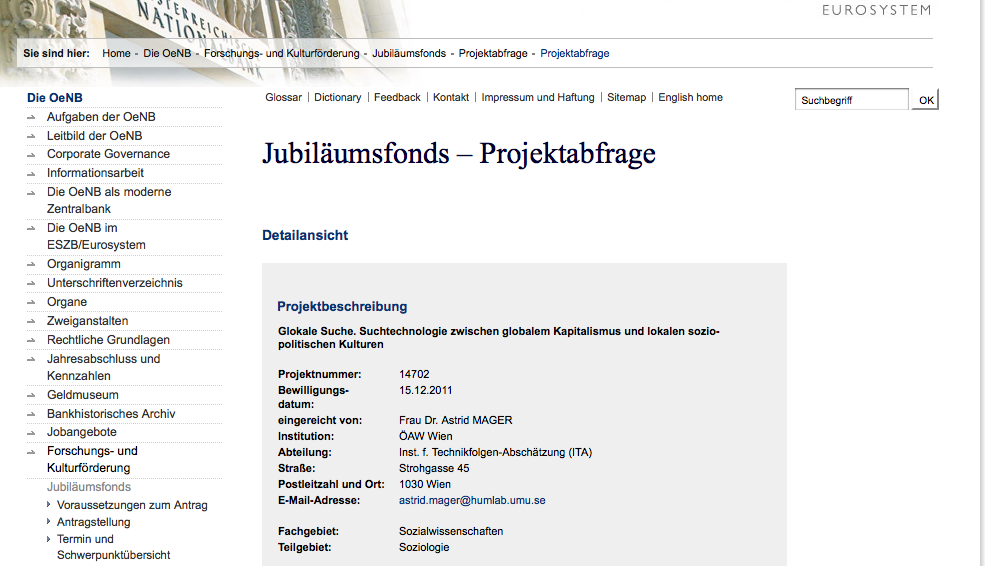



![IMG_0209[1]](https://www.astridmager.net/wp-content/uploads/2010/09/IMG_02091-300x225.jpg)
![IMG_0169[1]](https://www.astridmager.net/wp-content/uploads/2010/09/IMG_01691-300x225.jpg)
![IMG_0204[1]](https://www.astridmager.net/wp-content/uploads/2010/09/IMG_02041-300x225.jpg)
![IMG_0222[1]](https://www.astridmager.net/wp-content/uploads/2010/09/IMG_02221-300x225.jpg)